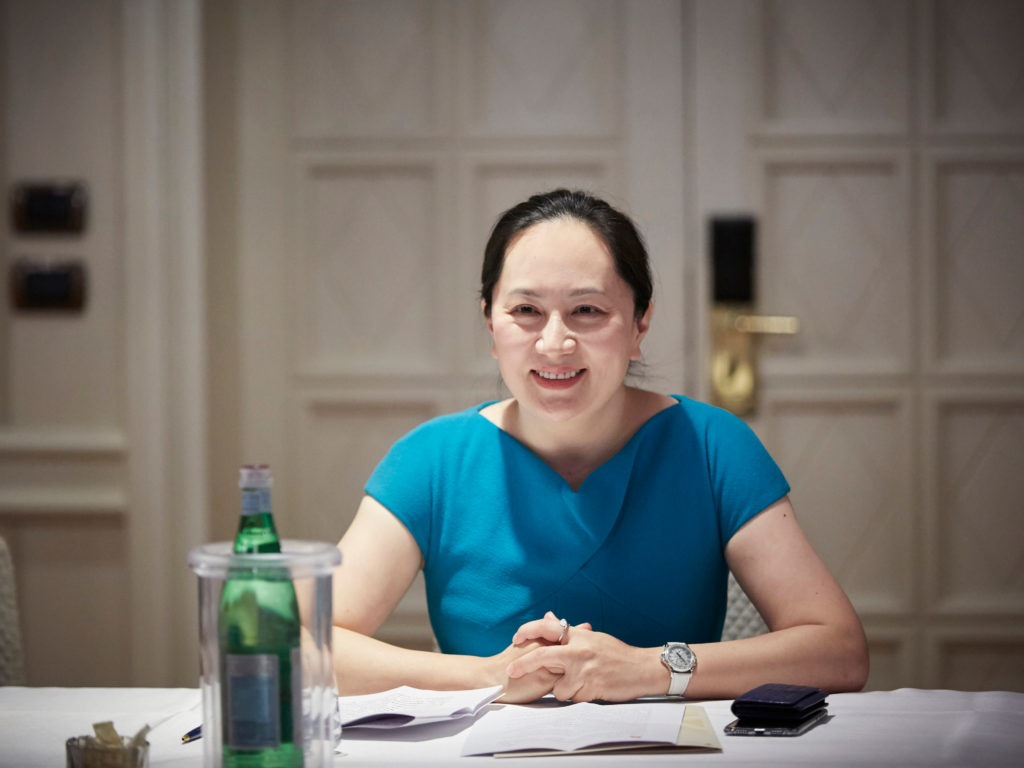
The extradition hearing of Meng Wanzhou, Huawei’s Chief Financial Officer, began on Monday 20 January in Vancouver. The US is seeking Ms Meng’s extradition to face charges of fraud. It is alleged that she misled US banks in relation to dealings with Iran in violation of US sanctions.
The 2018 arrest of Ms Meng in Canada was met with anger in Beijing and led to rising tensions between Canada and China. The aftermath has seen the detention of two Canadian citizens in an apparent act of retaliation, a restriction on Canadian exports to China and the handing down by a Chinese court of a death sentence to a Canadian smuggler in a spontaneous retrial.
Ms Meng denies the allegations, which her legal team are expected to argue are politically motivated. China’s foreign ministry this week repeated Beijing’s previous calls for her release, accusing the US and Canada of violating her rights.
The initial stage of the extradition hearings will centre on the issue of ‘dual criminality’, that is, whether the conduct giving rise to the offences with which Ms Meng is charged in the US also constitute criminal offences under Canadian law. This is a requirement for extradition from Canada to the US. Ms Meng’s lawyers argue that her offending is concerned with US sanctions against Iran rather than fraud and that as Canada does not have similar sanctions, Ms Meng’s offending falls foul of the dual criminality requirement.
The second stage of hearings will take place in June 2020 and will address the defence allegations that the Canada’s Border Police, the Royal Canadian Mountain Police and the FBI violated Ms Meng’s rights under the Canadian Charter prior to her arrest.
More information on this case can be found here.
Tags: Extraneous considerations Categories: Canada, China, United States



Recent Comments